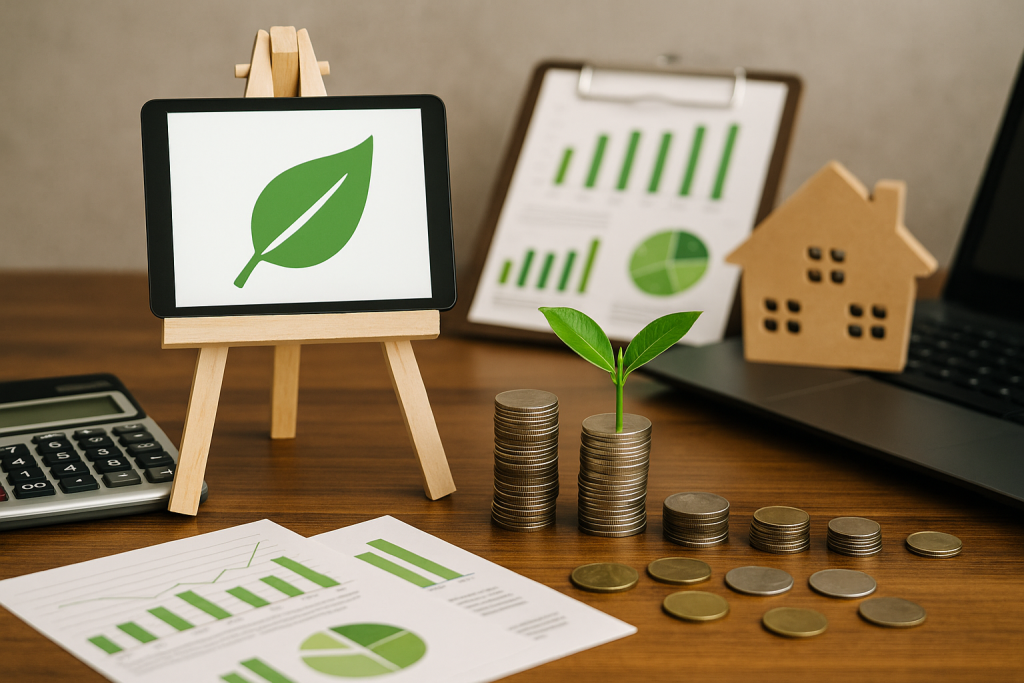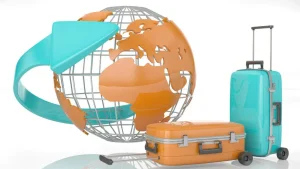Growing concerns about climate change and social impact are reshaping how people spend and invest. The rise of the green economy is not just a trend—it reflects a broader cultural shift. Consumers are rethinking value and demanding ethics behind every purchase.
This article explores how sustainability is influencing consumption, financial behavior, and business models. From eco-conscious choices to ethical investing, the green economy is changing the way we relate to money—and what we expect from the market.
What drives sustainable consumption today

The shift in consumer behavior goes beyond buying eco-friendly products. People are now questioning the lifecycle, origins, and impact of what they buy. The green economy encourages long-term thinking over instant gratification.
This mindset values durability, reuse, and minimal environmental harm. Individuals are choosing second-hand items, low-emission transport, and local food options. As this awareness spreads, brands are adapting to stay relevant and trusted.
Companies that ignore these expectations face growing pressure from socially aware audiences. The green economy rewards transparency, purpose, and responsibility in both products and practices. And trust, once lost, is hard to rebuild.
Finance goes green: ethical money choices
Personal finances are also being reshaped by sustainability values. Ethical banking, green bonds, and ESG (Environmental, Social, Governance) investing are gaining traction. People are choosing where their money sleeps—and what it funds.
Today, many consumers avoid supporting businesses linked to fossil fuels, unfair labor, or environmental damage. The green economy encourages investment in renewables, fair trade, and social innovation. This brings ethics to the core of finance.
How companies respond to the green economy
To stay competitive, brands are redesigning supply chains, packaging, and communication. It’s not just about optics—genuine change is expected and verified. Transparency is becoming a currency of trust in the green economy.
Many companies now link executive bonuses to climate or social performance targets. These internal shifts show that sustainability is becoming a core value. The green economy pushes businesses to think long term, not just quarterly.
Incorporating these principles builds stronger reputations and customer loyalty. Purpose-driven companies attract investors, talent, and partners more easily. The green economy is no longer a side effort—it’s essential for future relevance.
The power of informed consumer choices
Education is key to empowering sustainable decisions. People need clear, accessible data about products, investments, and business conduct. Transparency strengthens the economy, enabling choices that align with values.
Consumers are not passive—they shape supply with every purchase. Supporting ethical brands, sustainable funds, and circular models creates real impact. Every dollar spent or saved becomes part of a broader transformation.
Why the green economy is more than a trend
The green economy reflects a broader redefinition of what progress truly means. It links economic growth with environmental care and social equity. This alignment moves beyond ideals and shapes real financial systems. Sustainable practices are being embedded into laws, incentives, and global agreements. As more consumers shift behavior, markets follow that demand. The result is a financial model built on ethics, not just profit.
In this context, consumption becomes a conscious action with ripple effects. This invites people and companies to act with intention. It’s a structural shift that’s setting the foundation for a more balanced future.



